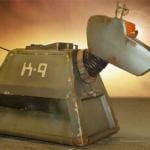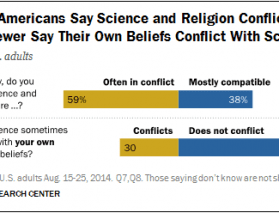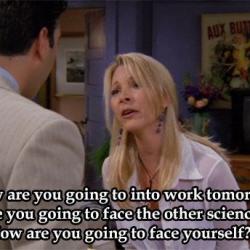I know this is something I talk about at this point in the semester every time I teach this course. Perhaps I have usually taught Religion and Science Fiction in the spring? I don’t remember conversation ever seeming quite so timely, indeed urgently so.
The question I always ask is whether a machine, an appropriately-programmed supercomputer, would do a better job of overseeing our economy and other aspects of our communal life as a society, making the decisions that a president normally would. If one hesitates to put a machine in charge of the nation, what about simply letting a machine choose the human being who will lead us?
If a nation presents the populace with just one candidate and says “vote” we call this a sham democracy, a mockery of the freedom of choice that should exist. Yet in the United States we boil the choice down to two, excluding others that are worthy of consideration. If each of us was given the opportunity to choose anyone from among the nation’s citizens to be president, we would soon and perhaps immediately recognize that there is no way we can inform ourselves about the relevant qualifications, experience, and skills of every citizen. How many voters even research every candidate on the ballot in the current system? A machine could evaluate the potential of every person. It might well recommend someone who would never have run for office, someone who would be reluctant to serve as leader. It may be, however, that someone who has no desire for power and control is precisely what is needed, and what is best for the nation.
What do you think? I am certainly interested in whether you would be happy to replace the current president with a machine for the remainder of his term in office. I am somewhat more interested in whether you would happily have a machine in charge permanently. I am perhaps most interested in whether you would consider it better still to have a machine designate the ideal citizen to be president. Could we even agree or achieve a real majority or consensus about what the qualifications are that the machine should look for?
If the topic I raised here is too close to home and seems too timely and realistic, feel free to answer this question instead: which of the various robots and computers featured in science fiction would you vote for as president given the opportunity, and why?
Other things related to programming and technology as they intersect with and emulate (or fail to emulate) life have become more of a focus in my reading, writing, and teaching recently. Here are some other links of interest:
A call for papers on brain-computer interfaces and an article on why thought transfer technology depicted in sci-fi won’t work in reality. See also Science2.0 on a plug-and-play brain prosthesis, and Gizmodo on whether an implanted microchip could be hacked.
A conversation with George Dyson about his latest book.
Are we asking the right questions about artificial moral agency?













